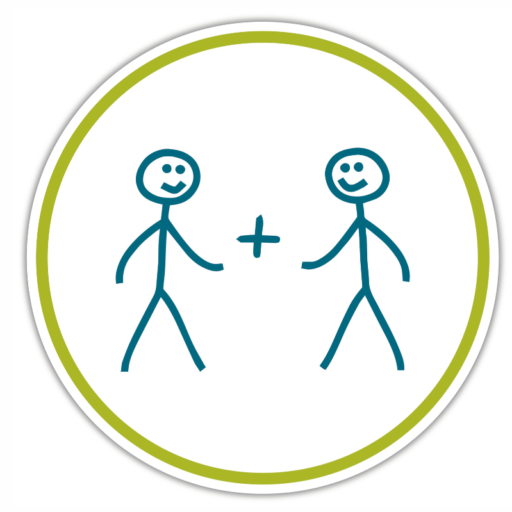Introductory chapter

To Implement our Good Intentions in Parenting
and Educating We Also Need Good Tools
This book offers you an opportunity to perceive the connections between what we do and say
to children in the common situations of everyday life and what they will be like one day when
they grow up.
As parents, teachers and educators we want the best for our children. From the bottom of our
hearts we want them to grow into happy, successful and creative people, able to cope in
everyday as well as challenging situations, to become good and responsible partners and
colleagues with a sense of humour. Yet how do we link thesenoble aspirations for children’s
development and leading them to become independent and responsible with what we should
say when dealing with the messy room, lateness, poor behaviour or forgotten tasks?
Many grown-ups assume it is most important to love children and mean well by them. We
believe this is not enough. In the name of love and good intentions some people feel
themselves authorized to use parenting tools that do not respect human dignity – threats,
punishments, ridicule, moralising, “bribery” with rewards and others. This is often done with
the erroneous notion that this is “entirely different” when it involves children in contrast to
adults.
We deem respect for children an essential condition of successful parenting, alongside love.
Grown-ups want children to behave respectfully towards other people. This however requires
them personally to have experienced respect from adults.It is not enough merely to hear of
mutual respect or see it in behaviour of grown-ups towards one another.
Respecting children means to deliberately abandon a power-based, manipulative approach to
parenting and educating. This does not mean children can do as they please. There exist
respectful and effective methods to communicate to children those all-too-necessary limits on
behaviour.The efficacy lies in building up a moral code based on internalised values against
which the children will gauge their conduct especially in those circumstances when “nobody
is looking”.
This book strives to name the risks of parenting based on an unequal, power-based model of
relations between grown-ups and children and to show what can be gained from a partnership
approach based on equality and respect for dignity. Our beliefs are rooted in expertise
(primarily from psychology), and our own experience and the experience of some fifteen
thousand people who have frequented our courses.
For readers who are convinced of the value of a partnership approach or who feel it is close to
their hearts, we offertools on the level of specific skills that may helpthem in everyday
situations to consistently cultivate such an attitude.
Some people are satisfied when children behave well ‘on the outside’ and do what they are
told. They do not pay overly much attention to the means they use to attain this (the approach
being “the end justifies the means”). They do not see any reason to change anything because
they generally do not give much thought to what takes place “inside a child”. To such people,
we offer a view of the hidden aims of such methods, their long-term impact on children’s
self-respect and how they can lead to mere obedience rather than creating an actual sense of
responsibility and independence.
There are people who totally believe human society has to function through the application of
power. To these we put forward reasons that show, why such harmlessly looking obedience
and dependence on authority have such serious social impact.
We wrote this book with a profound belief in the need to open up the topics you can read
about in the following pages. We hope this book will motivate you to use it in everyday life.
